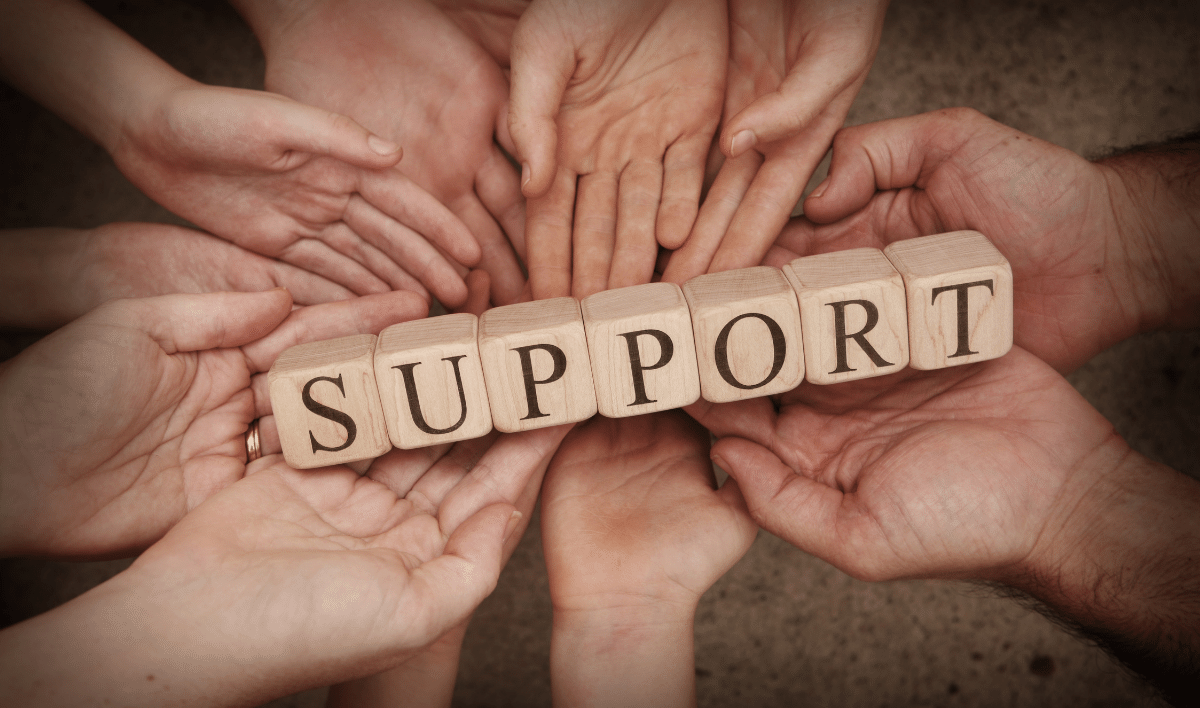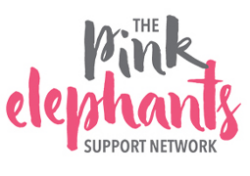After losing a pregnancy, as so many women do, the emotional fallout can be devastating. And there are practical problems to solve too. Knowing what miscarriage support is available can make a difficult experience easier.

Miscarriage support at work
In 2021, pregnancy loss support in Australia increased. Women now receive two days of paid compassionate leave after having a miscarriage. Casual employees are entitled to the two days, but their leave is unpaid.
After those first two days, you might have paid sick and annual leave you can use. Before the law changed in 2021, researchers found most women used holiday and sick leave, but you might prefer to hold onto these days.
Another option is unpaid ‘special maternity leave’. The Fair Work ombudsman states: ‘If the employee takes [special maternity leave] because of a miscarriage or termination, it can continue until they’re fit for work.’ With a stillbirth or a baby dying before age two, women can take up to 12 months of unpaid parental leave.
Some organisations allow their employees much more than the law says they must. One Australian example is Zip Co, which pays two weeks’ leave to both parents after a miscarriage. Linktree also covers both parents, offering four weeks’ paid leave – regardless of tenure. Ask your supervisor, HR contact or union if you’re not sure what you’re entitled to in your workplace.
When you’re ready to return to work, don’t feel surprised if HR gives you no official support to ease your return, as this was the experience of 7 in 10 women in an Australian study. However, you’ll likely find informal miscarriage support in your managers and colleagues. Many have first-hand knowledge of pregnancy loss in their families.
Financial support
Regarding financial assistance, pregnancy loss support in Australia only extends to stillbirths. The Stillborn Baby Payment provides over $3,600 after a stillbirth (i.e., from 20 weeks gestation onwards). Check the eligibility criteria. You might also get Dad and partner pay for the same baby.
Subsequent pregnancies
After losing a pregnancy, being pregnant again can feel fraught. You can find advice on managing in our article on Pregnancy after Miscarriage.
If this isn’t your first or second pregnancy loss, it’s normal to worry about an underlying problem. Talk with your midwife or doctor about recurrent pregnancy loss and potential causes that might be relevant to you.
Don’t hold back on contacting support organisations like Pink Elephants and SANDS to help you through your next pregnancy journey. And, of course, going through pregnancy after loss means a good relationship with your chosen care provider is even more vital.
Medical and midwifery miscarriage advice
Call your midwife or doctor or go to the emergency department for advice during a miscarriage (such as if you have severe pain or bleeding). Then you’ll revisit your doctor or midwife for a check-up about four to six weeks after a pregnancy loss.
You can also speak to a maternal child health nurse at Pregnancy, Birth and Baby by phone or videocall. Phone 1800 882 436 from 7 am to midnight, seven days a week.
Written resources for miscarriage support
The Pink Elephants’ miscarriage support network has a collection of guides. They cover advice for partners, how to tell the kids, assisted conception and more.
The information at SANDS includes ideas for creating memories to keep your baby close and getting an official commemorative certificate (as there are no birth certificates for a miscarriage).
The resources you can access through Bears of Hope include a poetry library and stories from other bereaved parents.
Peer support and counselling
The Pink Elephants’ volunteers have experienced pregnancy loss. They offer a compassionate ear through live chat, phone call appointments and online miscarriage support groups.
 SANDS are there 24/7 over the phone, through live chat on certain evenings, via email support and through Facebook support groups. Plus, they have online and face-to-face support meetings, including groups specifically for dads.
SANDS are there 24/7 over the phone, through live chat on certain evenings, via email support and through Facebook support groups. Plus, they have online and face-to-face support meetings, including groups specifically for dads.
The Lifeline helpline is open 24/7 on 13 11 14 or by chat.
With these different avenues of support, there’s a good chance you’ll find one that helps, along with the reassurance that you are not alone in experiencing the loss of a pregnancy.
Reference List
PBB aims to keep you informed with the latest research-based information. Check out our reference list used in the creation of this article.
Published 23rd January 2024



Recent Comments